Sunflower seeds are the fruits of the sunflower plant and are a rich source of protein (Helianthus annuus). These small white seeds are protected by dark grey casings.
The nutty undertones in these supple seeds are subtle yet present. Roasting them will bring out their full flavour, but you can also eat them raw. The seeds are delicious raw, roasted, or blended with other foods, and they have a high nutritional content.
Table of Contents
- What are sunflower seeds?
- Do sunflower seeds have side effects?
- Which is better: sunflower seeds or pumpkin seeds?
- Sunflower seeds Vs Sunflower oil:
- Should you soak sunflower seeds before eating?
- What is the right way of eating sunflower seeds?
- Nutritional value of sunflower seeds:
- Health benefits of sunflower seeds:
- How to use sunflower seeds in our daily diet?
- How to store sunflower seeds?
What are sunflower seeds?
The sunflower plant's fruits are the seeds it produces (Helianthus annuus). The seeds are collected from the massive flower clusters, which can be as much as 12 inches in diameter. Up to two thousand seeds can be found in a single sunflower head.
Do sunflower seeds have side effects?
Even seemingly nutritious foods, like sunflower seeds, can have unintended consequences if consumed in excess, including weight gain and increased sodium intake. For safety, it's better to avoid eating more than 1 ounce, or roughly 1/4 cup, of the seeds at a time.
Which is better: sunflower seeds or pumpkin seeds?
As a whole, one variety of seed is not noticeably superior to another. For optimal mental and physical wellness, try eating some sunflower or pumpkin seeds. Indulge in either as a healthy, guilt-free snack option.
Sunflower seeds Vs Sunflower oil:
Although sunflower seeds provide vitamin B6, iron, phosphorus, and pantothenic acid, sunflower oil has a higher concentration of vitamin E. To add insult to injury, the cost of sunflower seed exceeds that of sunflower oil. Consequently, there are benefits and drawbacks to both.
Should you soak sunflower seeds before eating?
Several seeds, including sunflower seeds, and pumpkin seeds, benefit from being soaked before being used.
What is the right way of eating sunflower seeds?
Sunflower seed shells are toxic and should be avoided. The fibrous and indigestible shells could potentially cause harm to your digestive system. If you want sunflower seeds without shells, that's fine, but be sure to spit them out. But, you may get all the health benefits and delicious flavour by simply eating the sunflower seed kernel without the shell.
Nutritional value of sunflower seeds:
The calories in sunflower seeds are high. There are about 585 calories in 100 grammes of these seeds. The lipids and fibre content of them are both high (51.5 g). The fats included are primarily monounsaturated and polyunsaturated, both of which are healthy options. In addition to being a good source of protein, they are (20.77 g).
Thiamine, riboflavin, pantothenic acid, niacin, choline, folate, vitamins B6, C, and E are just few of the vitamins that can be found in abundance.
Mineral content including calcium, magnesium, iron, manganese, phosphorus, sodium, potassium, zinc, etc.
Plant chemicals included in sunflower seeds, such as flavonoids and phenolic acids, are powerful antioxidants.
Health benefits of sunflower seeds:
Reduce Inflammation
Sunflower seeds have anti-inflammatory properties, making them useful for persons with both acute and chronic inflammation. Vitamin E, flavonoids, and other anti-inflammatory plant components are found in sunflower seeds. Five or more servings of sunflower seeds or other seeds per week were associated with reduced inflammation and reduced risk for numerous chronic disease risk variables.
Reduce the Risk of Heart Disease
Sunflower seeds are a good source of both polyunsaturated and monounsaturated fats, the latter of which is considered the "healthiest" of the two. There are 14 grammes of fat in a serving size of 3/4 cup of sunflower seeds. Research has shown that eating seeds, such as sunflower seeds, can reduce your likelihood of contracting cardiovascular disease, high cholesterol, and hypertension.
Help Body's Defense Mechanisms
The high vitamin and mineral content of sunflower seeds makes them a useful tool in the battle against infectious diseases. Zinc and selenium are two of these. Zinc aids in immune cell maintenance and development, making it an essential mineral. Furthermore, selenium helps reduce inflammation, combat infections, and strengthen immunity.
Increase energy level
Sunflower seeds include a lot of protein, which can help you feel more energised, and they also have other minerals like vitamin B and selenium, which can help you feel energised for longer. Sunflower seeds are a good source of vitamin B1 (thiamin), which aids in the conversion of food into energy and keeps you going all day. Including selenium into your diet can help your body get more oxygen.
How to use sunflower seeds in our daily diet?
Like any other seed, sunflower seeds are simple to incorporate into one's diet. Add it to your salad, your oatmeal, your muesli, your granola, your trail mix, your energy balls for weight loss, your burgers, your stir-fried vegetables, or even make sunflower butter out of it, which is quite similar to peanut butter.
How to store sunflower seeds?
Sunflower seeds can be preserved for up to a year in the freezer or refrigerator if they are sealed well and kept in a cold, dry place.

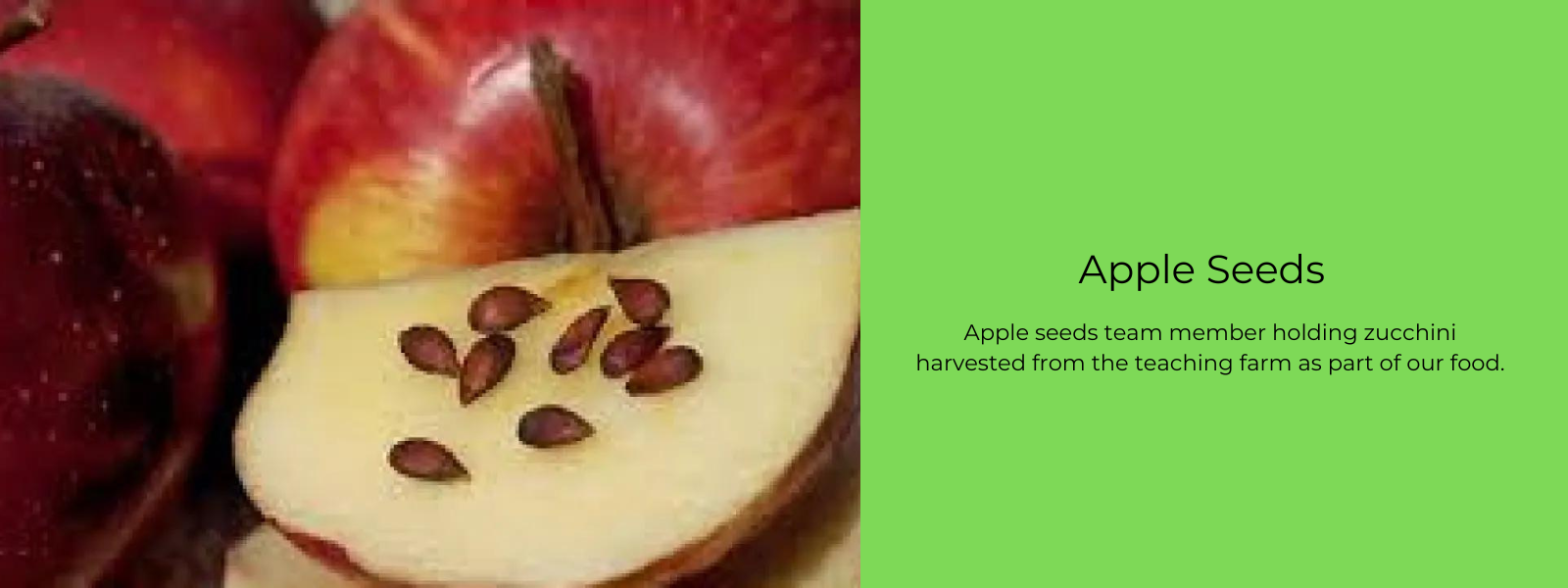

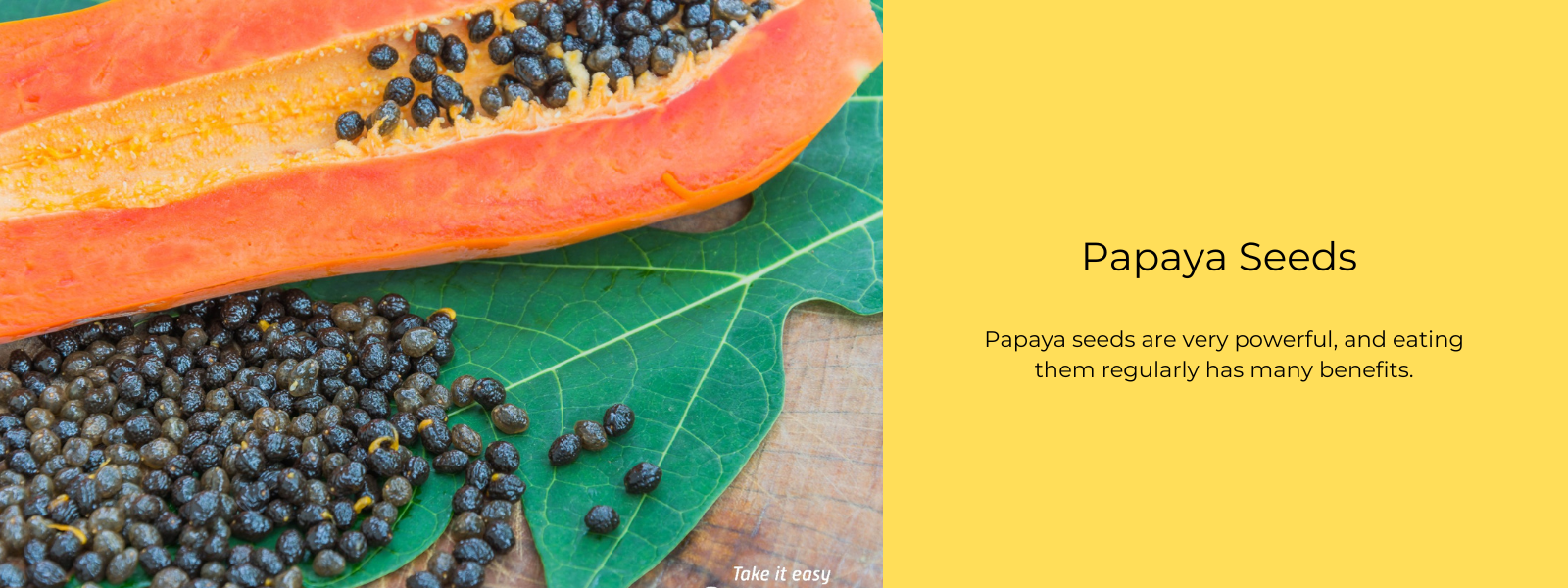
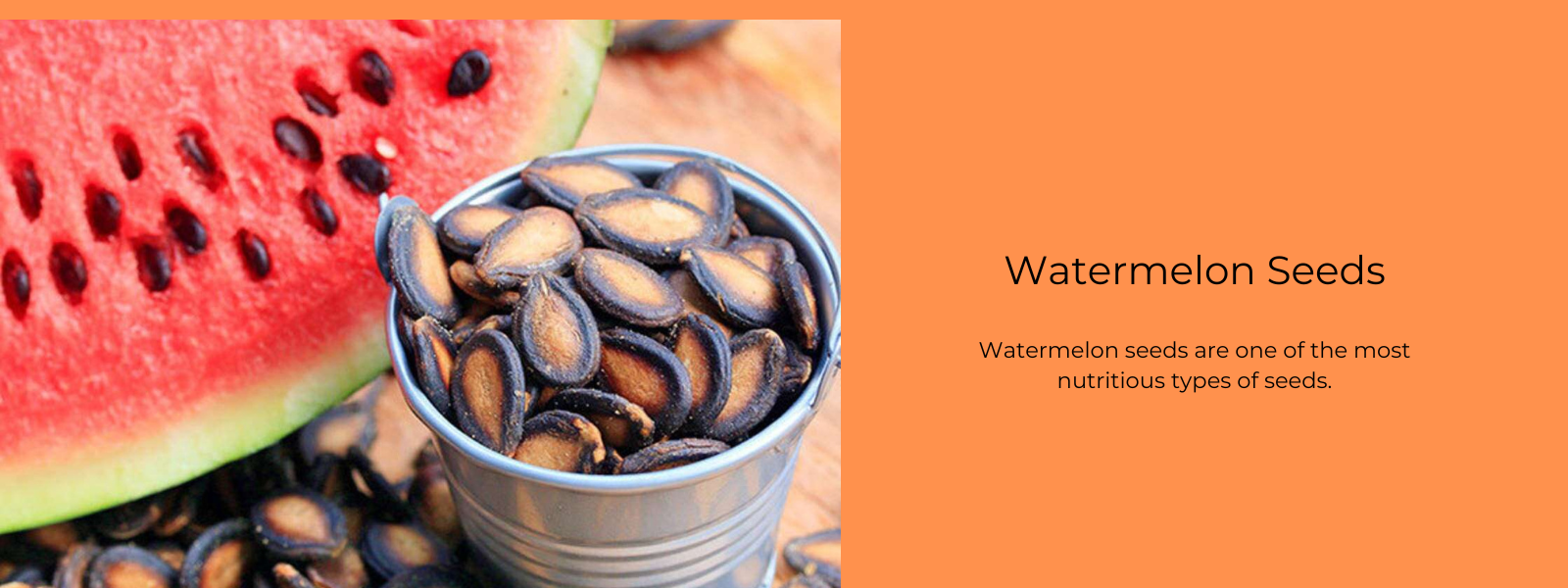
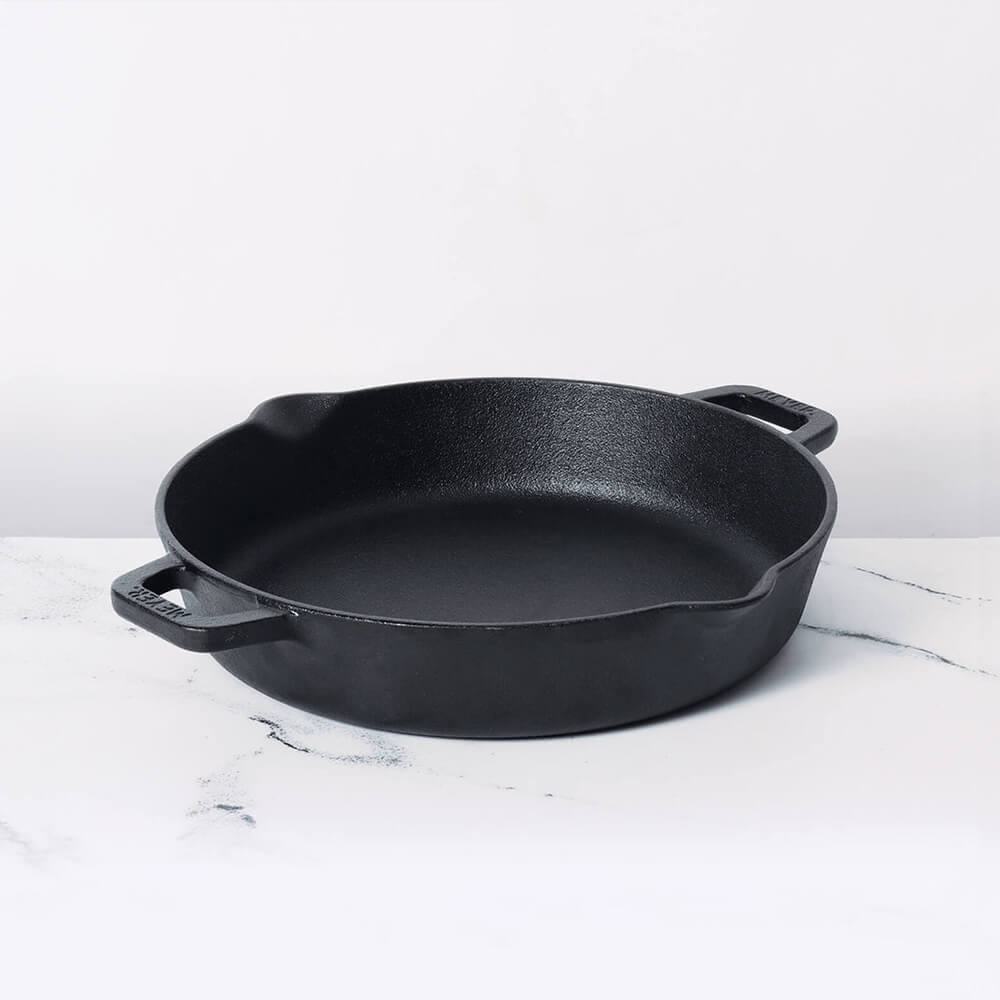
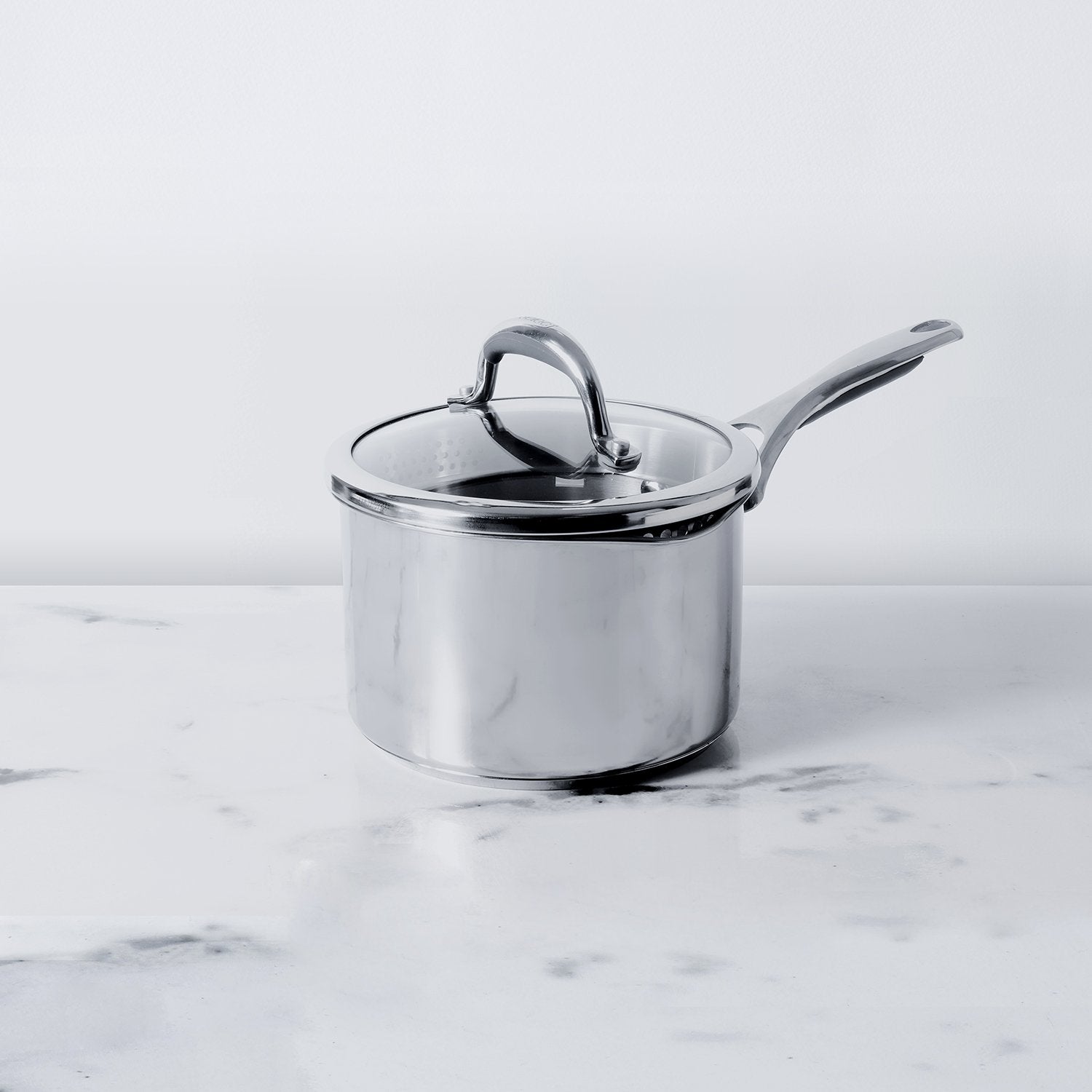




Leave a comment